(Be sure to visit Music Matters Blog for the ChordPlay Showcase and the Keynote Speaker. Both were wonderful!)
After attending the ChordPlay showcase and listening to the entertaining keynote speaker, Rick Beyer, I attended “Keep Your Mind on the Music: Performance Psychology for 6-12 year old musicians” presented by Jyoti Hench
I will be sharing my notes from this presentation below. The biggest thing I got out of this presentation is the power of being positive not only as a teacher to your students (and I think this is really crucial), but for the students to understand that power as well.
Preparing students- Polish technical details, Discuss artistry and interpretation, Set memorization deadlines, Guide stage presence
*Address mental performance strategies
What is performance psychology? “A positive approach to studying human performance.”
A Positive Approach-
Before a performance:
I’ve done all the hard work already, I’m going to play really well today (vs. I know II’m going to mess up when I get on stage)
During:
Here comes the part I practiced so well. (vs. Here comes the hard part)
Positive but also honest! Needs to be true to be affective.
After:
My dynamics sounded great, I shaped my phrases great, etc… Reflect on performance on positive way. (vs. I made two mistakes)
Every time they perform give yourselves 3 small gifts (things they have done well in the performance.)
(Inner Game Books are great resources. MTNA Keynote Speakers are another great motivational resource.)
Is performance psychology only for the elite? (resources are usually geared towards adults)
“Young athlete are not miniature adults, they are children and they have the right to play as children” Smith and Smoll
Summary of Youth Sport Research
1. Overview of research
-Mastery: confidence in ability in order to complete task well
-Fun: If it’s not fun they won’t want to do it.
-Self Esteem: Every aspect of performing (anxiety, experiences, quality) ties back to self esteem. We need to boost the self esteem we are not helping them succeed as performers
-Mental Skills: Positive attitude, relaxation, imagery, concentration (focus)
Mental Skills
1-Positive attitude- pre-requisite; fundamental; positive living skills. “Teaching positive perspectives may have the additional advantage of freeing children to feel more relaxed.” St. Denis and Orlick, Positive Perspectives
Use of Affirmations- Positive declarations about one’s self or about one’s performance of an activity. If repealed often enough in a relaxed state- can help build positive attitudes and a sense of self worth (star and starr)
“I am really god at trying what my teacher tells me to do…” (Values effort)
Should be concrete and specific.
Affirmation for a specific performance (should happen in every lesson/practice session)
Positive post performance reflection. (I really play my dynamics well, I kept a steady tempo- versus I did not rush..)
On the assignment sheet create a starter affirmation sentence where they finish the sentence. (Takes time, students will ignore it at first- so come up with something together to get it started)
Highlighter cards- One highlight during your lesson today was…. Looking for good things in each lesson. Give to student at the end of the lesson. (Note to self: This would be great to share to parents when reconciling as well)
2-Relaxation
2nd grade children learned to lower their own heart rates.
Children can in fact learn tension/stress control within 6 weeks (4th grade study)
-regulate breathing (avoid breath holding)
-being mindful of one’s own breaths
-deep breathing
Swimmer breathing activity- choreographing his/her breaths with music. Breath in for a measure, out for one. Reverse it, then add measures, etc…
When focused on breathing it’s harder for your mind to wander off.
3-Imagery- Picture anything in our head.
-Relaxation and imagery together have been shown to improve performance quality n 7-12 year old athletes.
-Pictures- real or imagined helped 2nd grade students memorize information.
-Musical storytelling- tell a story for their piece. Not just story but create pictures.
-Create a comic strip story board for the piece. Visual-Can put their comic strip up on the piano. Now take it away can you picture what it likes? Aural- can you imagine what it sounds like Physical/Kinesthetic- what would it feel like?
-Engaging in mental practice.
Vividness- the more it is vivid the more effective. (ie: color in the pictures in the comics)
4-Concentration/Focus- most important skill in performance (Orlick)
Usually when you slip up it’s because of a concentration lapse.
What should they think about? (how to focus)- make a list of good things to focus on while performing. 1. Must be positive 2. Music related
“Let’s Make a List”
-the sound of the melody
-words to the music
-feel of my fingertips on the keys
-sound of dynamics-
-story I created for the piece.
“Concentration Station” activity-
Student chooses one item from list; Succeed at focusing on that item, no matter how short the section; Be mindful of whether you focused completely.
More elaborate application-
Create performance strategy
ie: A section- fingertips; Plan ahead and shift focus for B section- legato/breathing
Back to A, coda
Verbal cue words can help in performance.
When you give your mind a task to focus on it’s hard to wander.
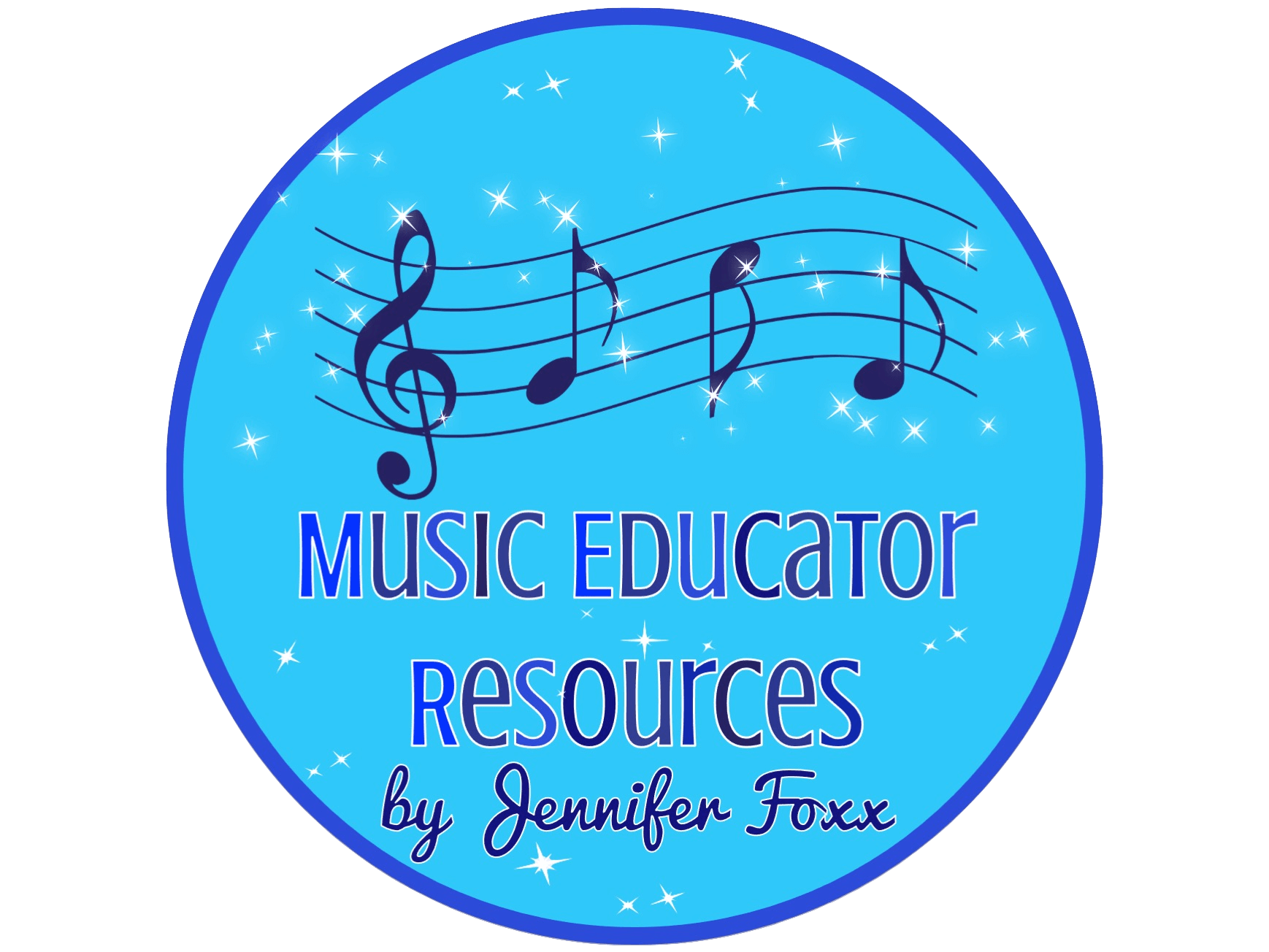
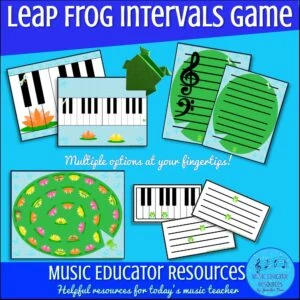
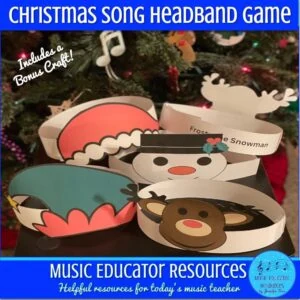
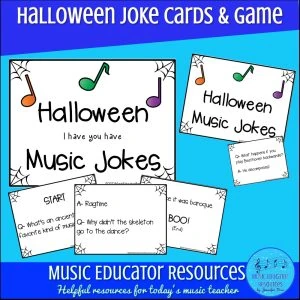
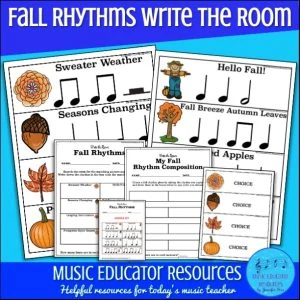
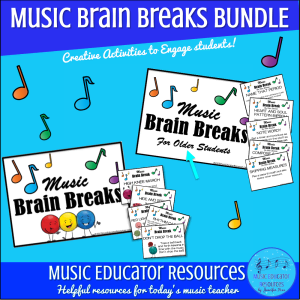
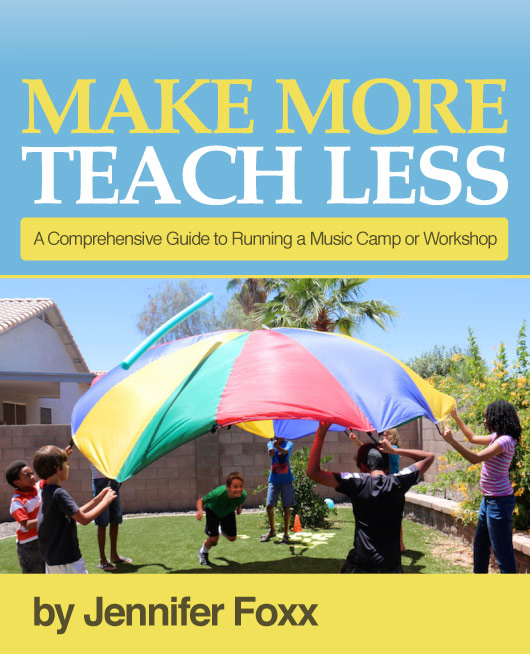
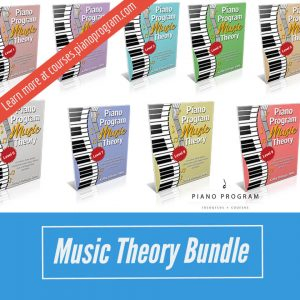
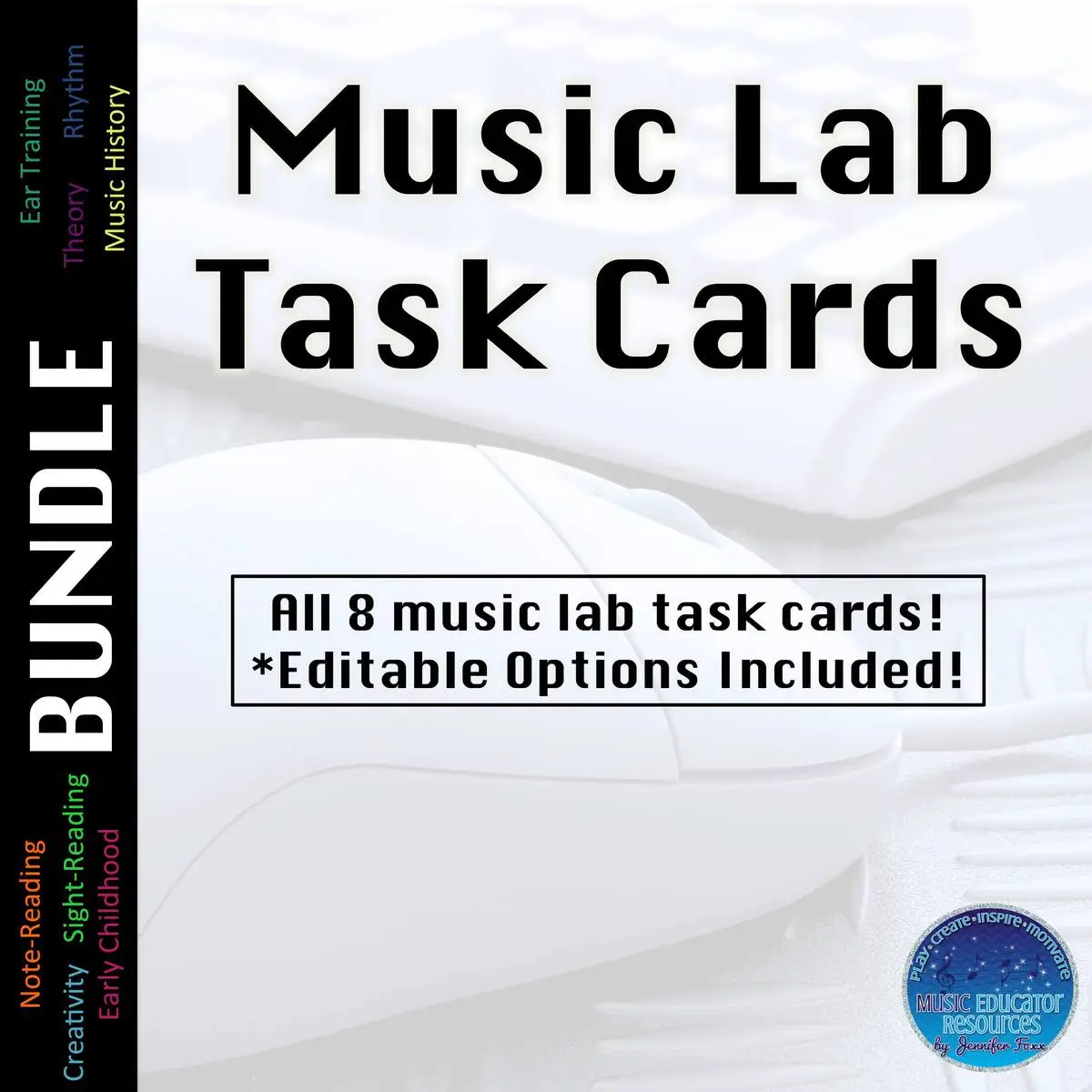
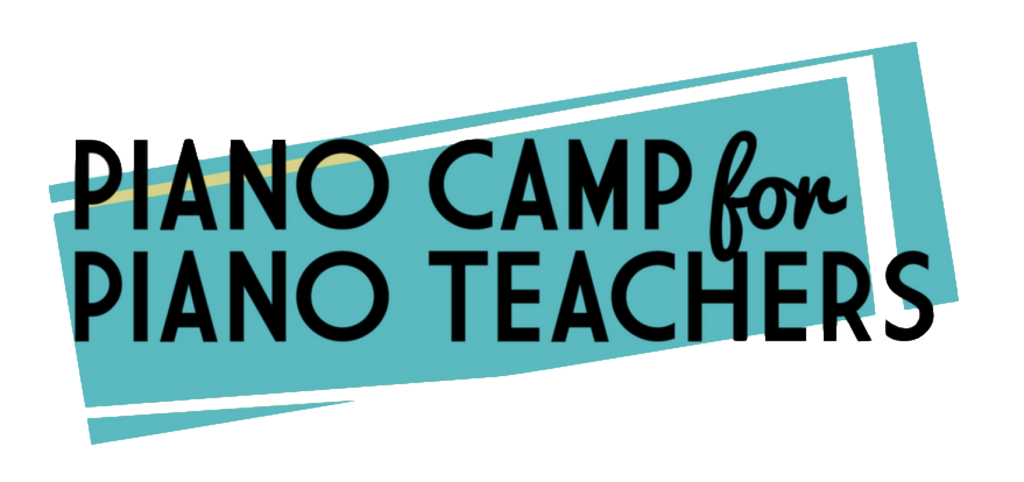
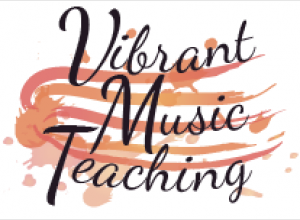

Reblogged this on Suzanne Gilmore Muzeek Blog and commented:
Great ideas for children’s performance success.